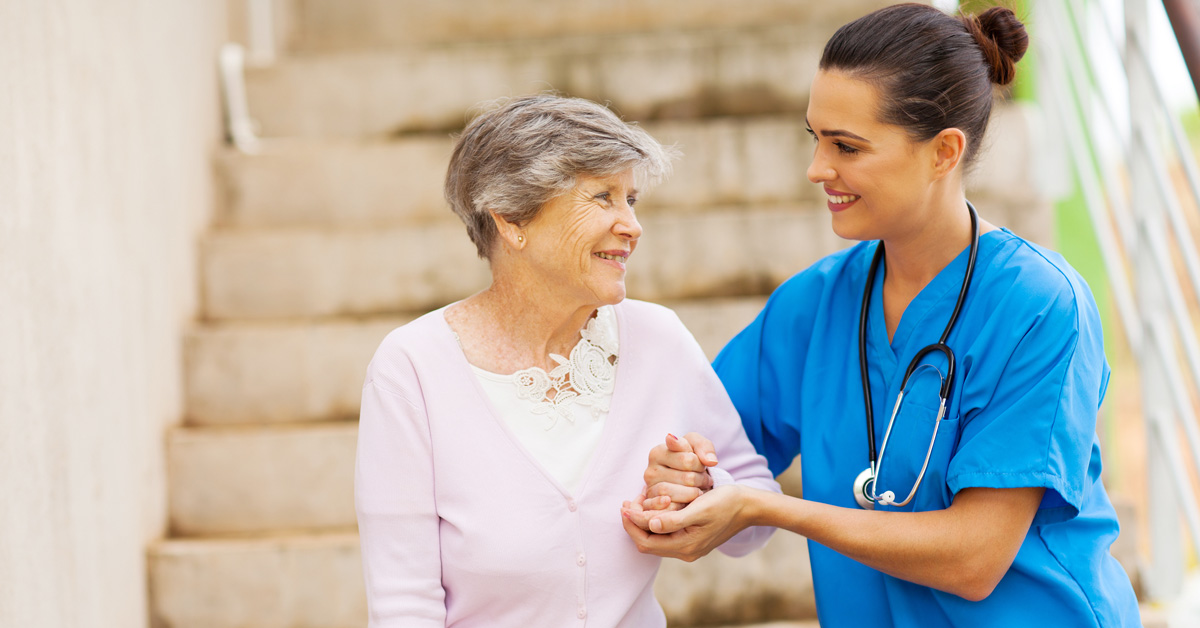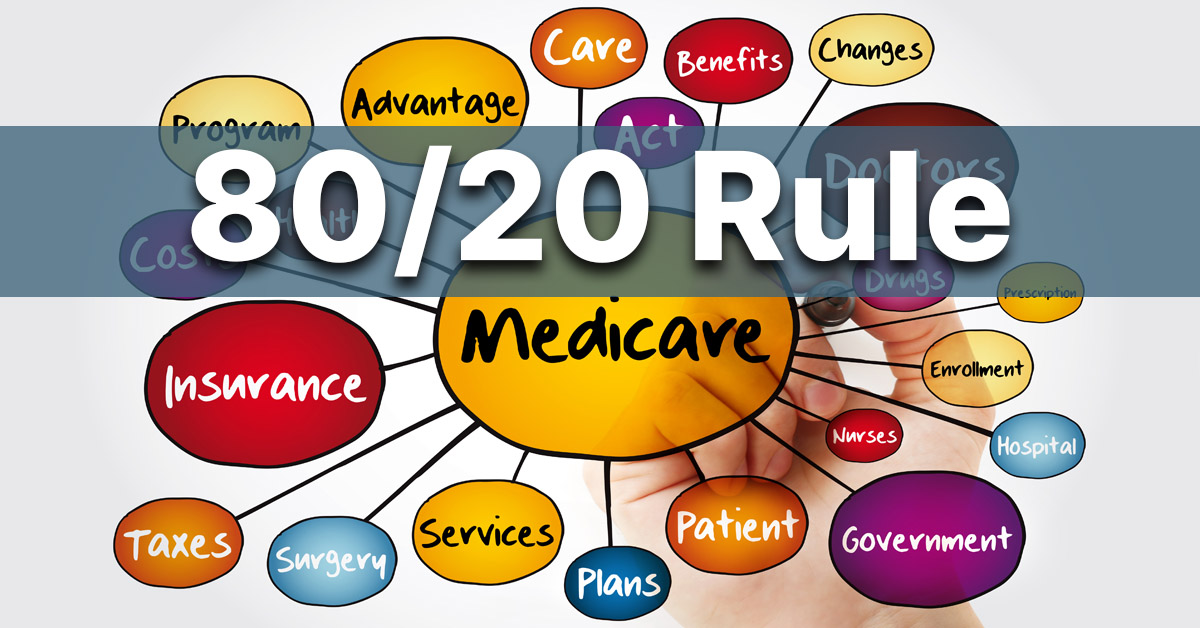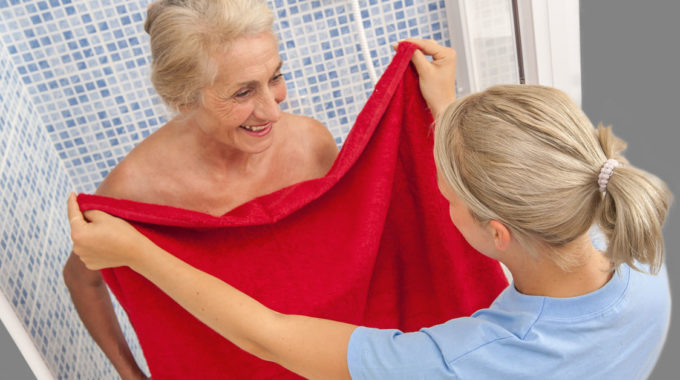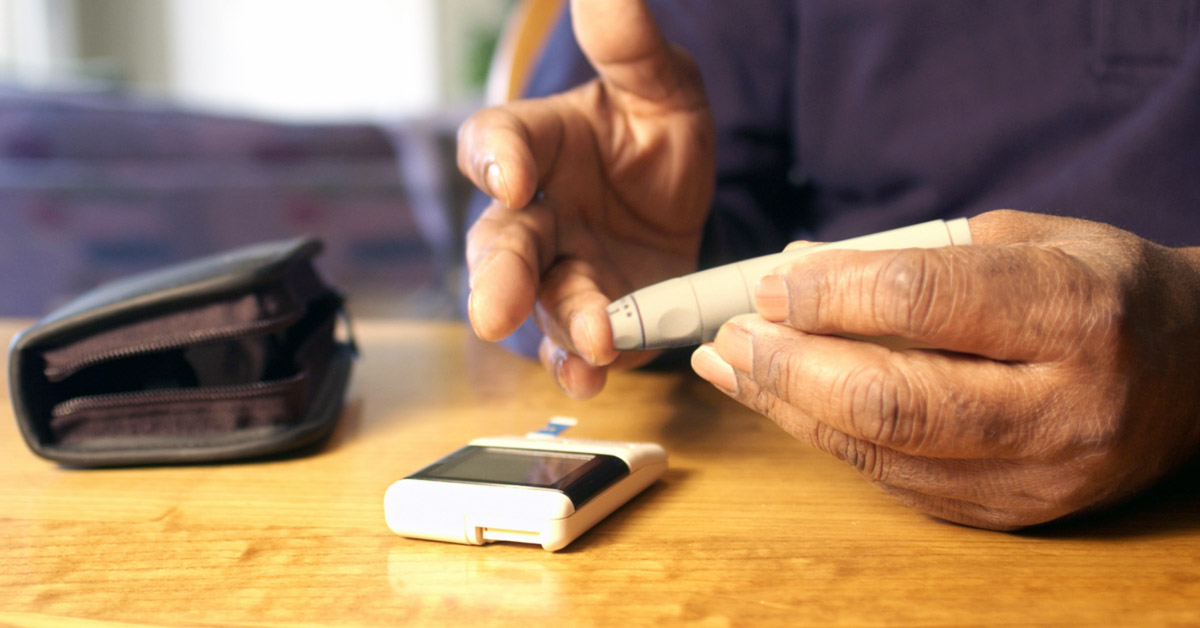
Fear of Falling Signals Time to Act – Even Without a Fall
With improvements in life expectancy, the focus in healthcare has been shifting from not just adding years to life, but toward also adding life to years. One interesting aspect of managing quality of life late into retirement is treating fear of falling. People often think of fear of falling as merely a consequence of accidental falls among the elderly or disabled. However, an interesting body of research shows that fear of falling has a more complex relationship with a patient’s quality of life. Some researchers have even demonstrated that fear of falling should be treated as a distinct clinical entity, separate from actual accidental falls. Understanding fear of falling better may create opportunities for improving quality of life.
Fear of falling is prevalent among the elderly. In one study, four out of ten elderly subjects had a cautious concern about falling, leading to restrictions in daily life.1 Interestingly, most people with fear of falling have *not* experienced an accidental fall. Nevertheless, the three concepts of accidental falls, fear of falling, and quality of life independently affect each other.
Fear of Falling and Lower Quality of Life
Fear of falling has an independent association with lower quality of life. In fact, fear of falling has a stronger effect on quality of life than actual falls.2 Furthermore, fear of falling proves more important for predicting quality of life than age, gender, previous falls, and disease. Fear of falling seems connected with feelings of independence and one’s personal sense of self-efficacy. Authors commonly hypothesize that fear of falling is part of a downward spiral of inactivity, muscle deconditioning, loss of confidence, social isolation, and emotional challenges. As such, specifically monitoring and addressing fear of falling may have potential to increase quality of life above and beyond gait rehabilitation alone.
Fear of Falling as a Fall Predictor
Does fear of falling cause falls? Fearful individuals produce postural responses in everyday activities similar to the postural responses of younger people when exposed to heights greater than three meters.3 Regardless, while some individuals’ fear of falling may be maladaptive, on a population level, fear of falling does not seem to cause falls.
Fear of falling predicts falls, but only because it is associated with conditions that cause falls. In 25-month follow-up, people with fear of falling prove twice as likely to fall.1 However, in risk-adjusted analysis, the fall risk is directly associated with multiple other sociodemographic factors. The takeaway here is that fear of falling can serve as an excellent screening tool for identifying the need for gait rehabilitation, even when other factors cause that need.
Does Exercise Therapy Reduce Fear of Falling?
When falls are avoided, there is a tendency for fear of falling to dissipate over three years.4 Nevertheless, fear of falling proves persistent in 60% of cases.5 Researchers continue to explore which rehabilitation elements best address fear of falling. Hsu et al. find that physical activity and the self-concept of health and physical independence mediate the fear-of-falling/quality-of-life association.6 The systematic review by Abou et al. finds that not all rehabilitation is equal. Among patients with Parkinson’s, a combination of gait and balance training proves significantly more effective against fear of falling than gait training alone. For patients with multiple sclerosis, the addition of a home exercise plan and leisure exercise makes exercise therapy more effective at reducing fear of falling.7
Home Health Rehab for Fear of Falling
Families and prescribers should consider a rehabilitation program that addresses both the physical and psychosocial aspects. Home health can combine in-home exercise therapy, medication/supplements review, home safety evaluation, activities optimization, and more. When homebound elderly express fear of falling, initiating home health rehabilitation may do more to not only mitigate the physical risk factors but also mediate the emotional risk factors that can echo into long-term outcomes and quality of life. When patients qualify, Medicare pays 100% for home health rehabilitation.
Non-Medical Home Care and Fear of Falling
Non-medical home care can also be very helpful when conducted well. Aides provide assistance with mobility, transfers, hobbies, trips, home exercise plans, etc. Having significant time with a helper can give elderly more confidence, and indeed greater safety, while being more active. This in turn can interrupt the self-reinforcing cycle of decline that happens when people lose confidence in their own movement.
Learn More About Fall Risk Among Seniors
- Do Pets Increase Fall Risk for the Elderly? – Home care services
- Is Fall Prevention Rehab Worth It? – 1800HOMECARE
- Vitamin D to Prevent Fall Injuries?
- Fall Deaths More than Double for Seniors Age 65+
- Fall Injuries Seniors Dementia
- Personal Emergency Response Systems – Do They Still Help?
References
- Lavedán A, Viladrosa M, Jürschik P, Botigué T, Nuín C, Masot O, Lavedán R. Fear of falling in community-dwelling older adults: A cause of falls, a consequence, or both?. PLoS One. 2018 Mar 29;13(3):e0194967.
- Schoene D, Heller C, Aung YN, Sieber CC, Kemmler W, Freiberger E. A systematic review on the influence of fear of falling on quality of life in older people: is there a role for falls?. Clinical Interventions in Aging. 2019;14:701.
- Davis JR, Campbell AD, Adkin AL, Carpenter MG. The relationship between fear of falling and human postural control. Gait & Posture. 2009 Feb 1;29(2):275-9.
- Jang SN, Cho SI, Oh SW, Lee ES, Baik HW. Time since falling and fear of falling among community-dwelling elderly. International Psychogeriatrics. 2007 Dec;19(6):1072-83.
- Oh‐Park M, Xue X, Holtzer R, Verghese J. Transient versus persistent fear of falling in community‐dwelling older adults: incidence and risk factors. Journal of the American Geriatrics Society. 2011 Jul;59(7):1225-31.
- Hsu Y, Alfermann D, Lu FJ, Lin LL. Pathways from fear of falling to quality of life: the mediating effect of the self-concept of health and physical independence. Aging & Mental Health. 2013 Sep 1;17(7):816-22.
- Abou L, Alluri A, Fliflet A, Du Y, Rice LA. Effectiveness of physical therapy interventions in reducing fear of falling among individuals with neurologic diseases: a systematic review and meta-analysis. Archives of Physical Medicine and Rehabilitation. 2021 Jan 1;102(1):132-54.






